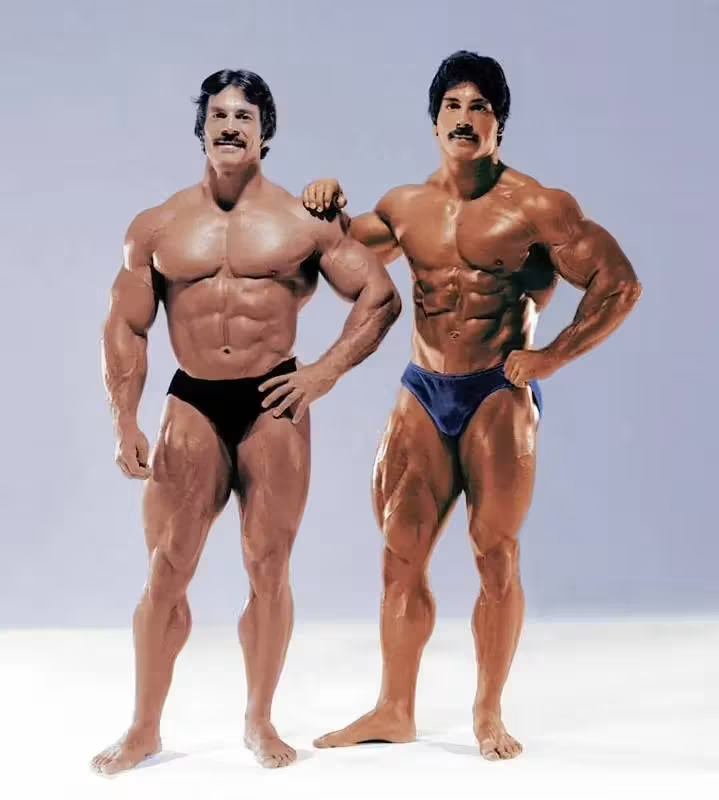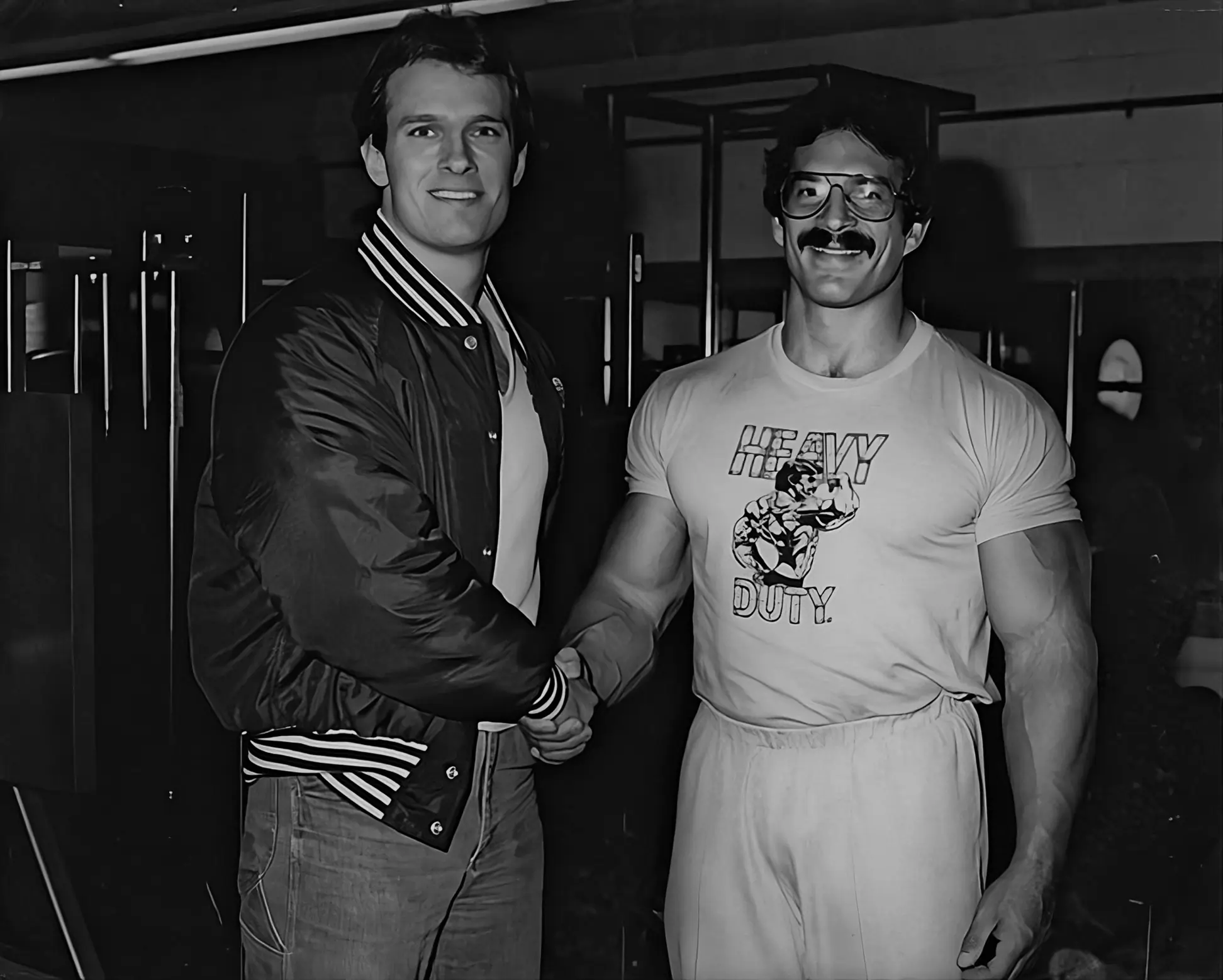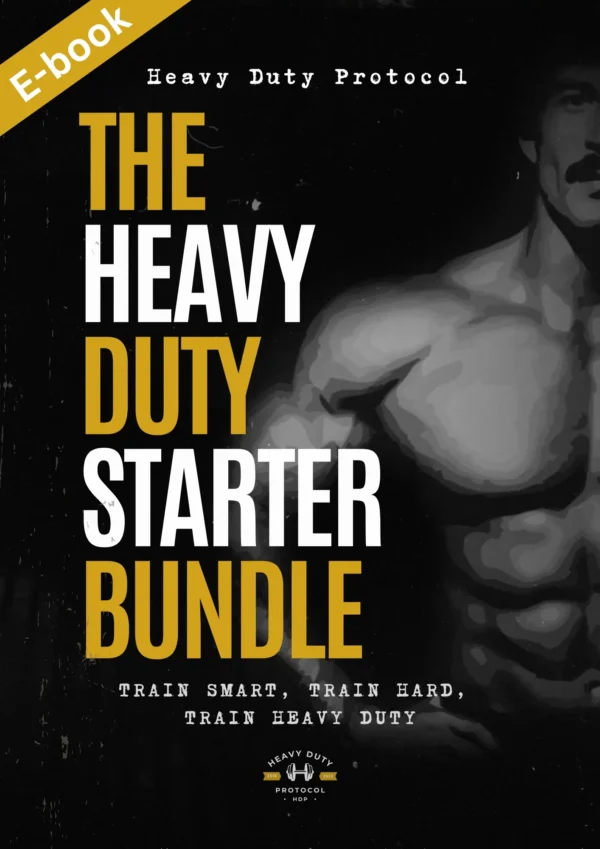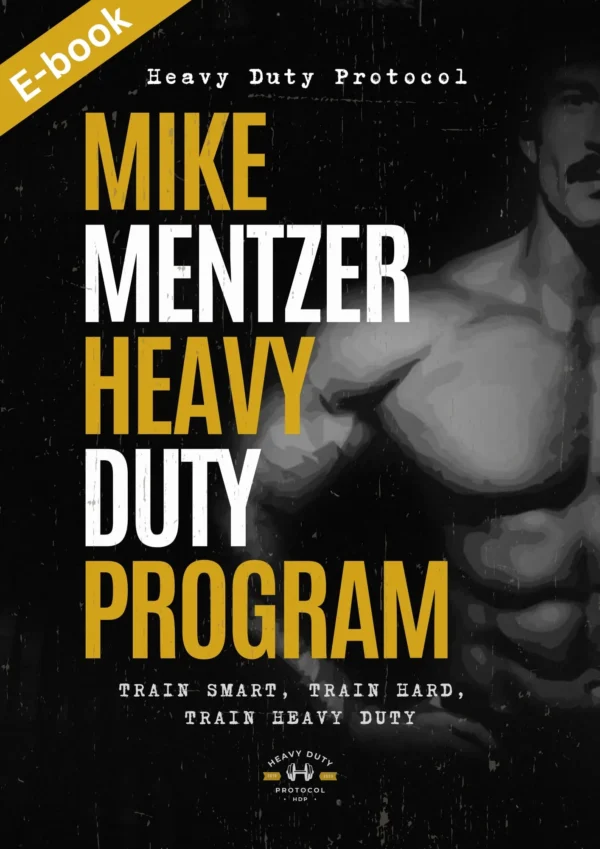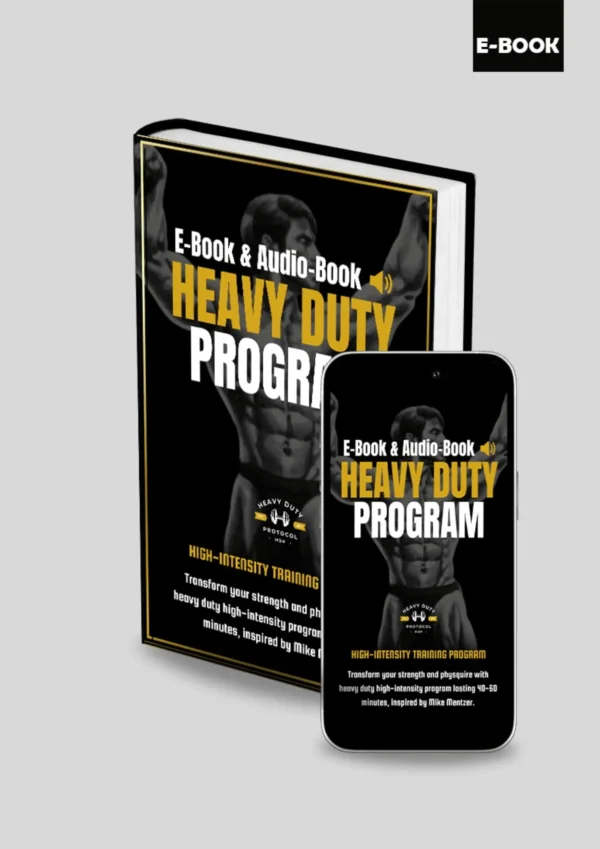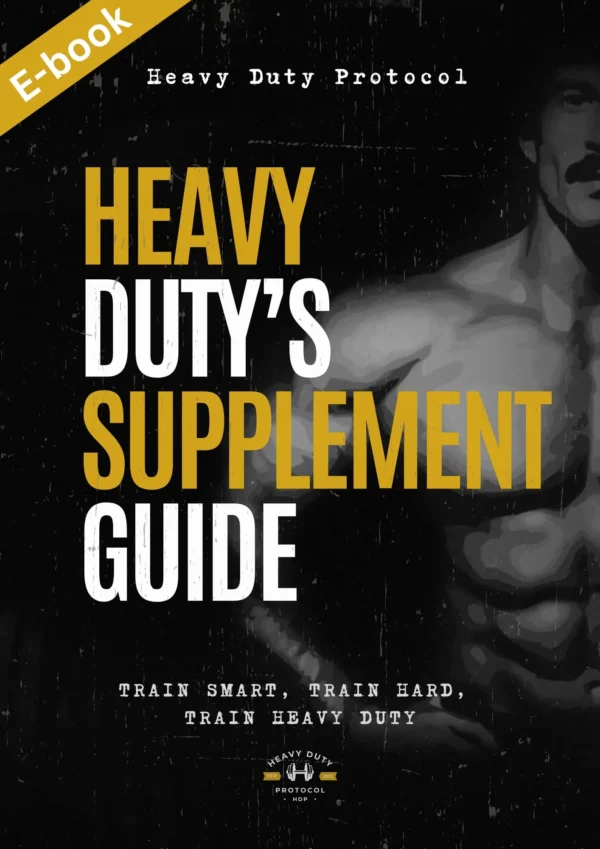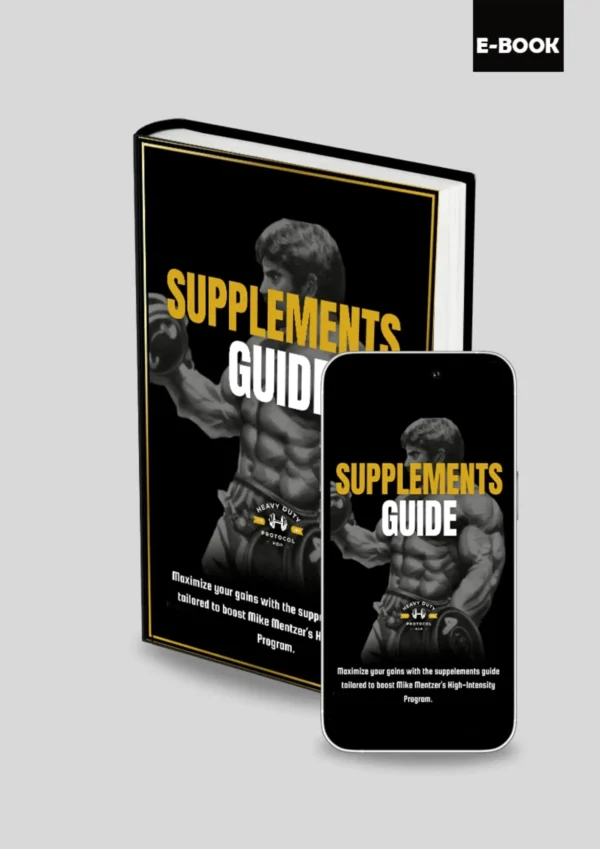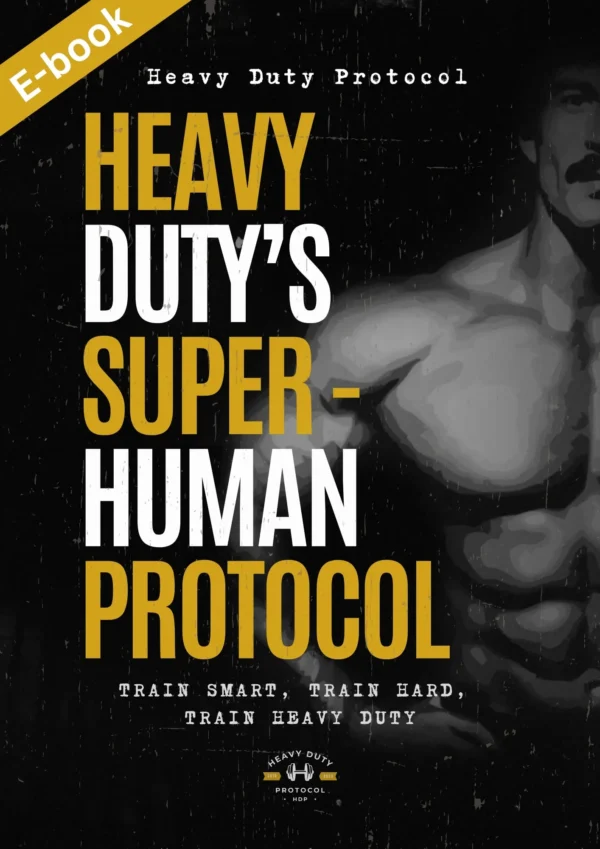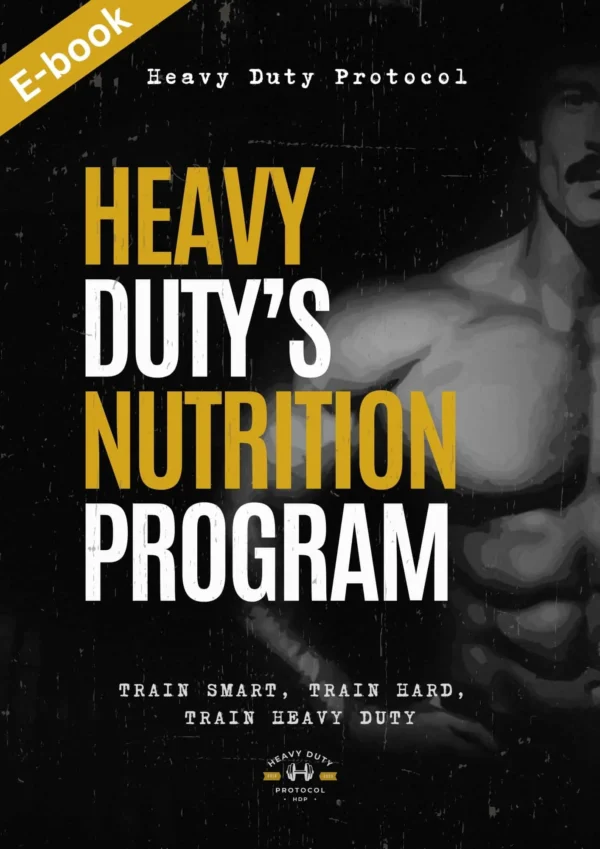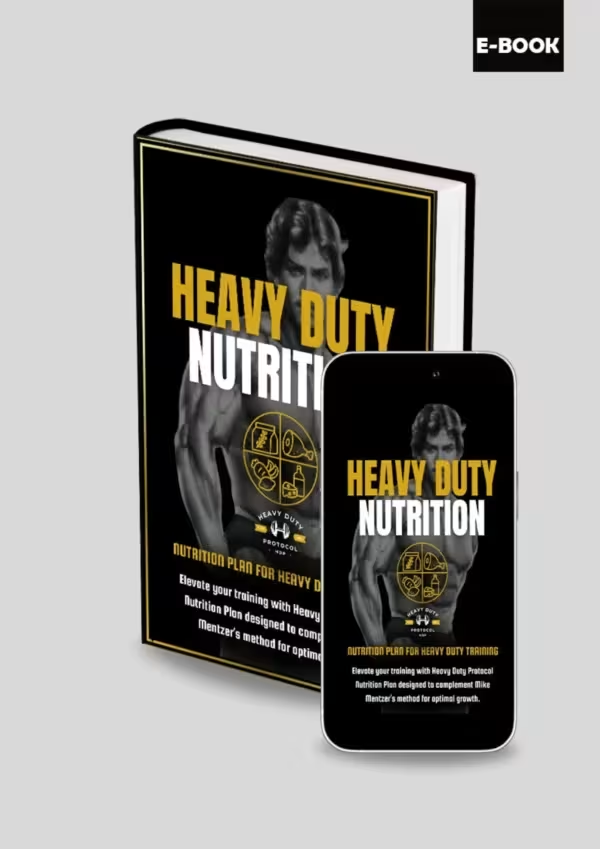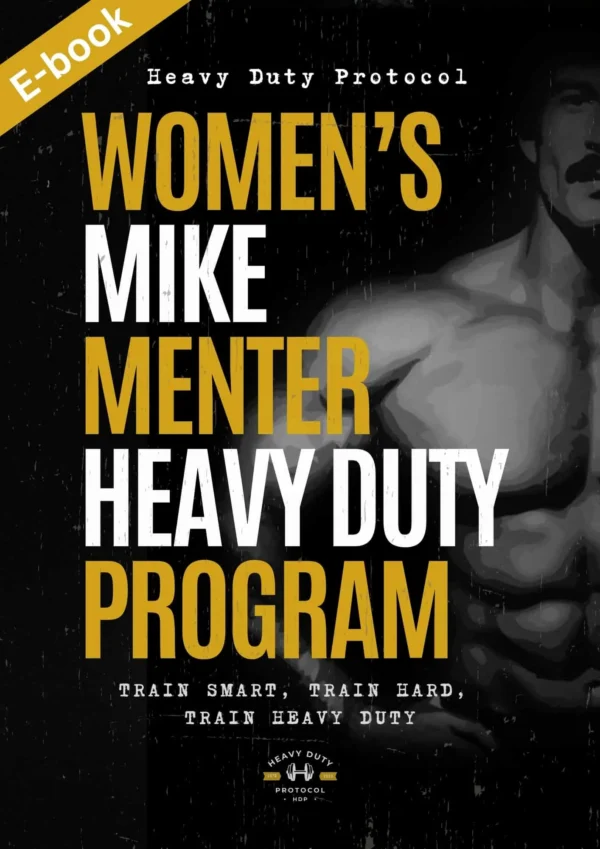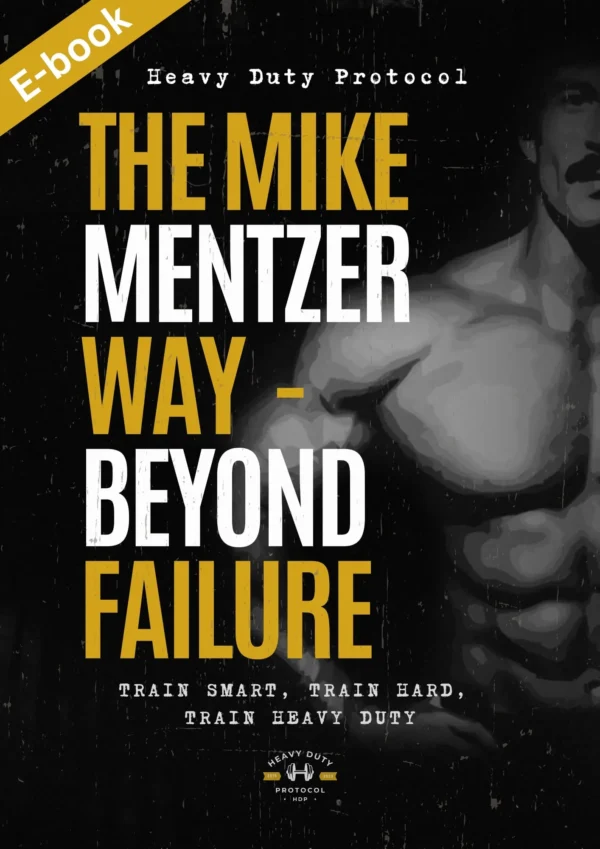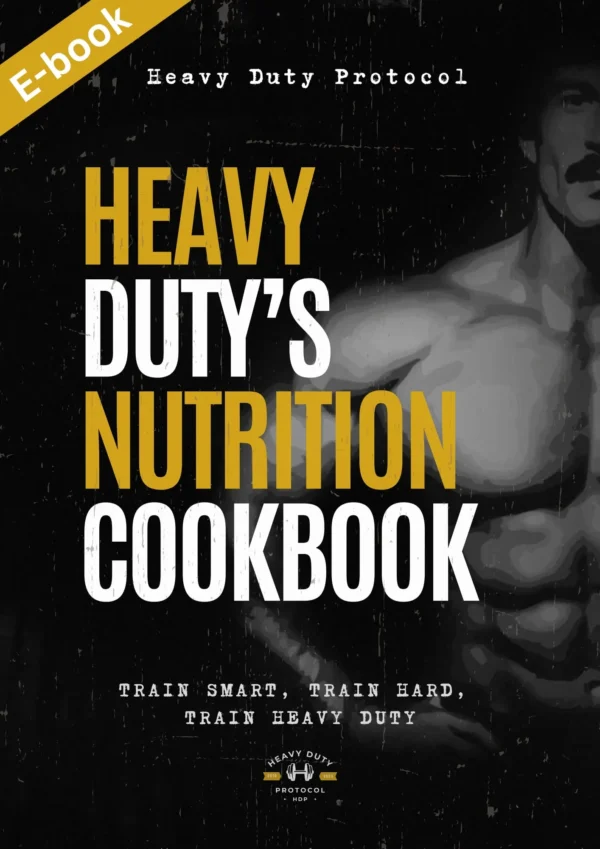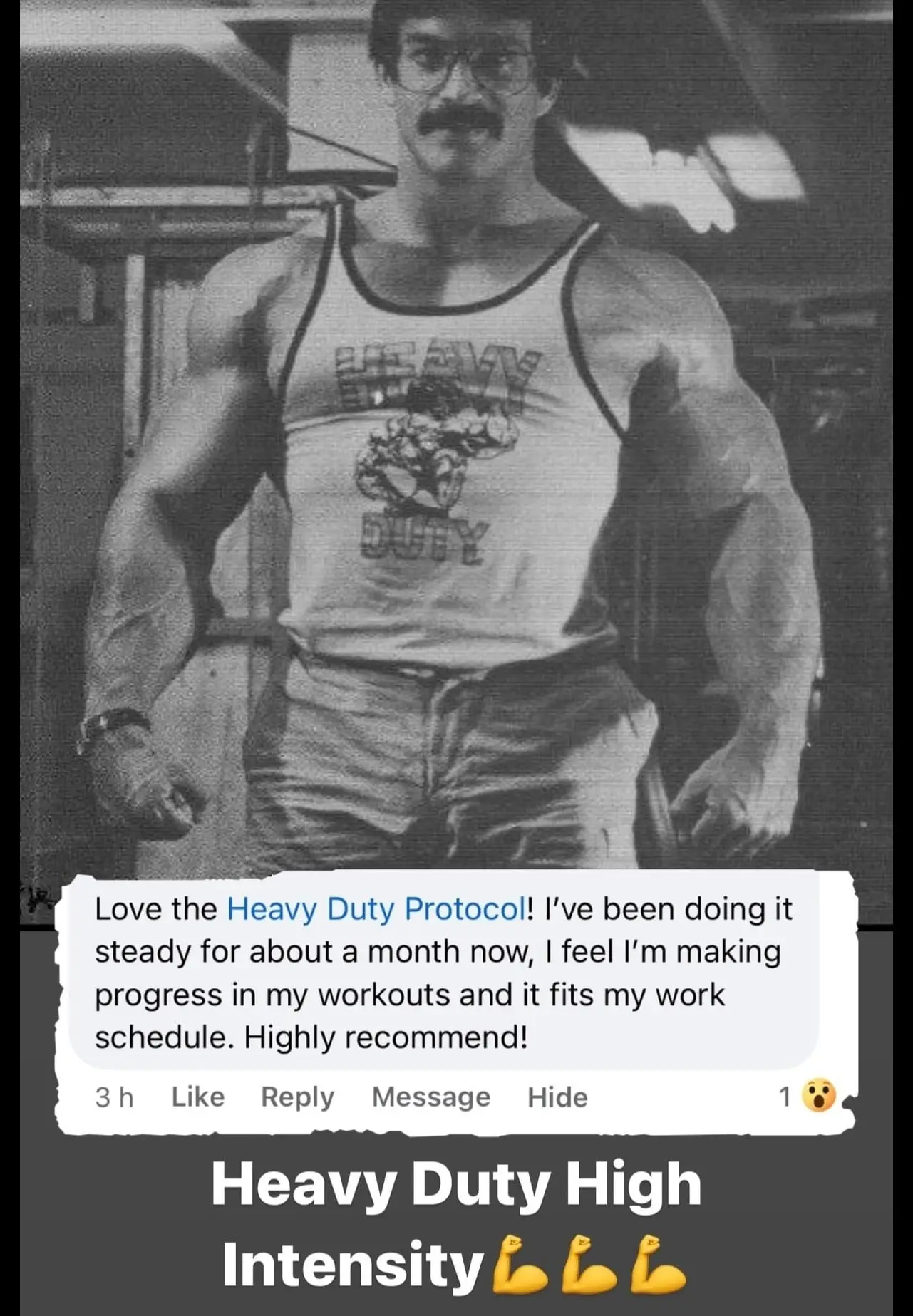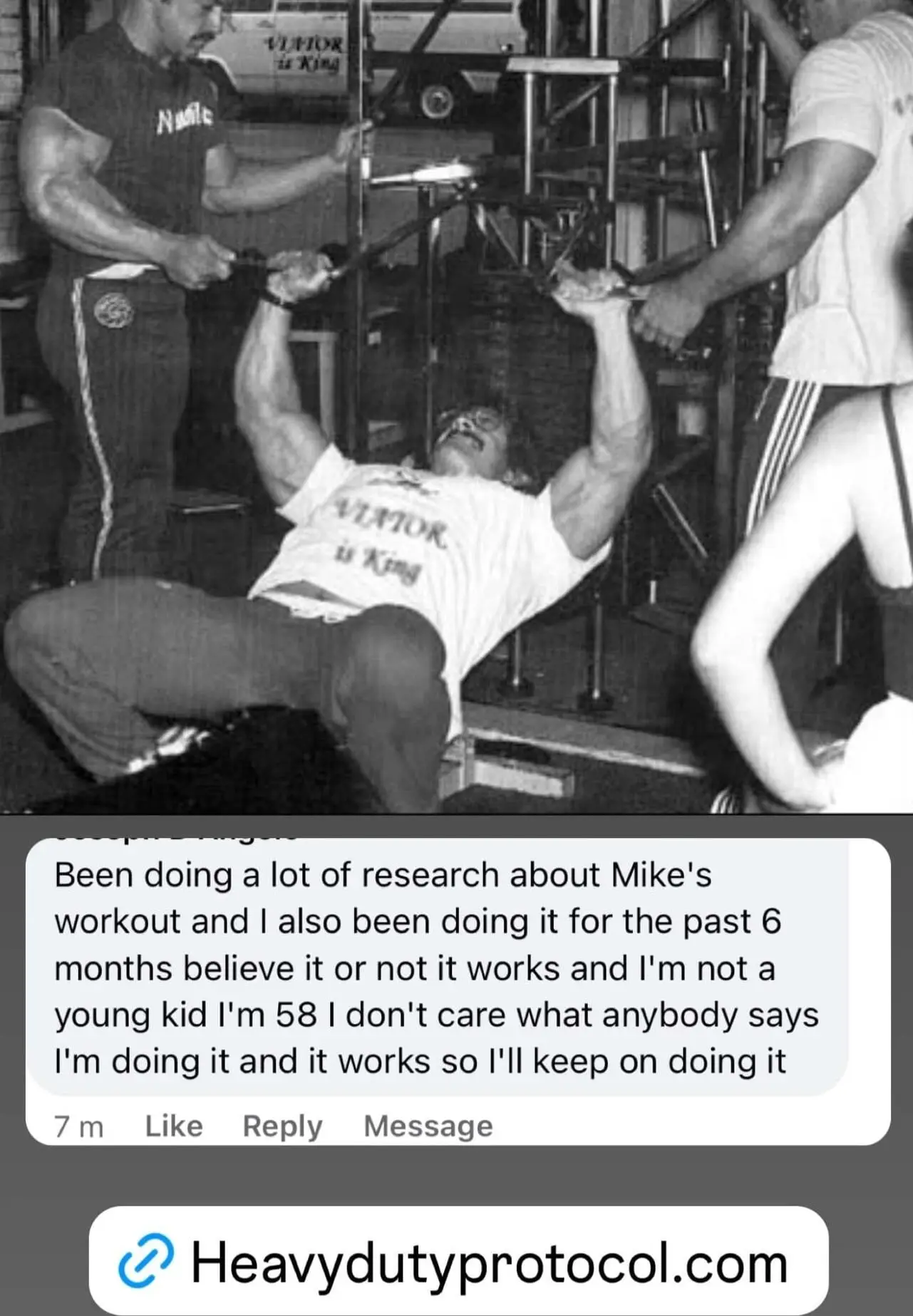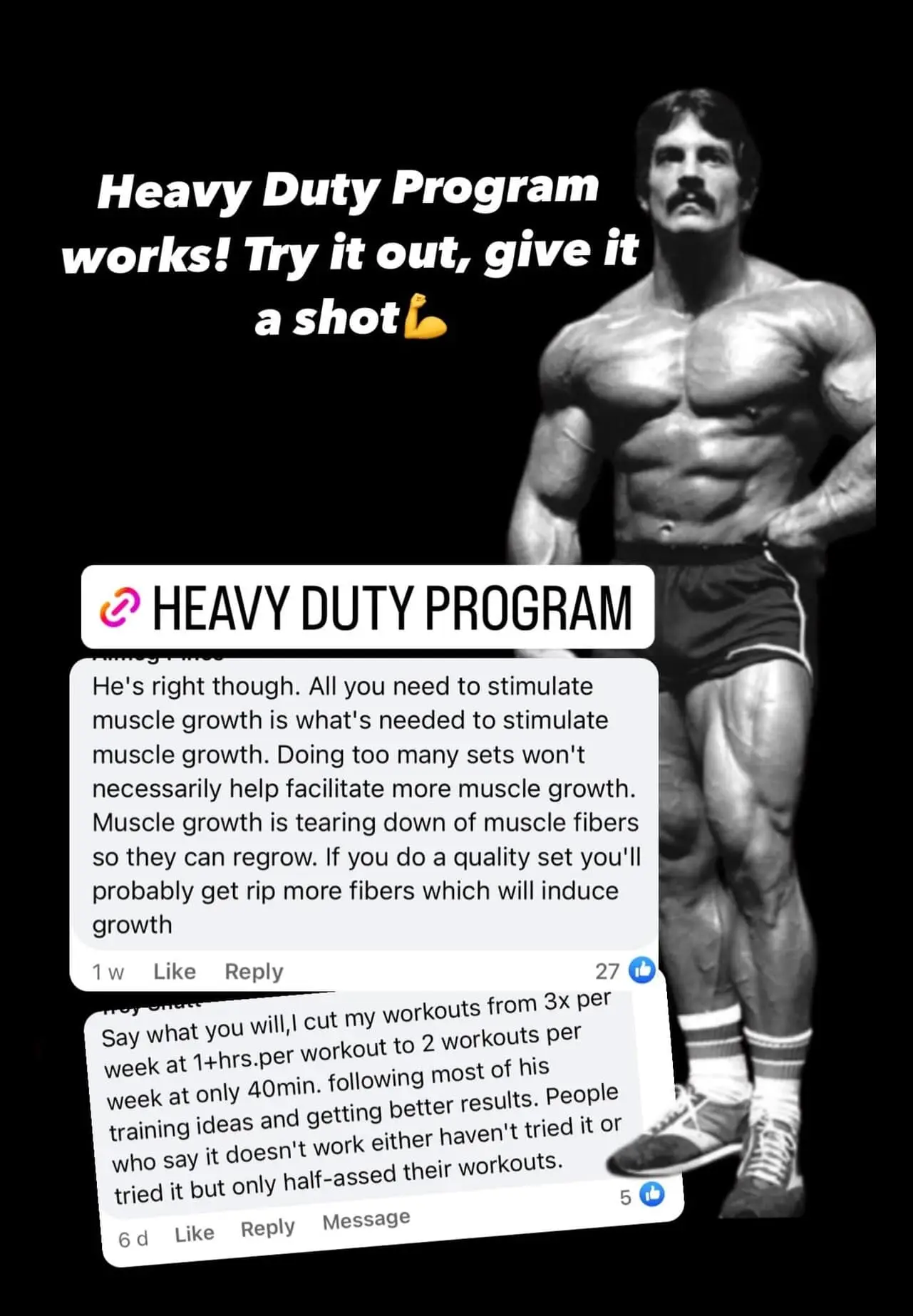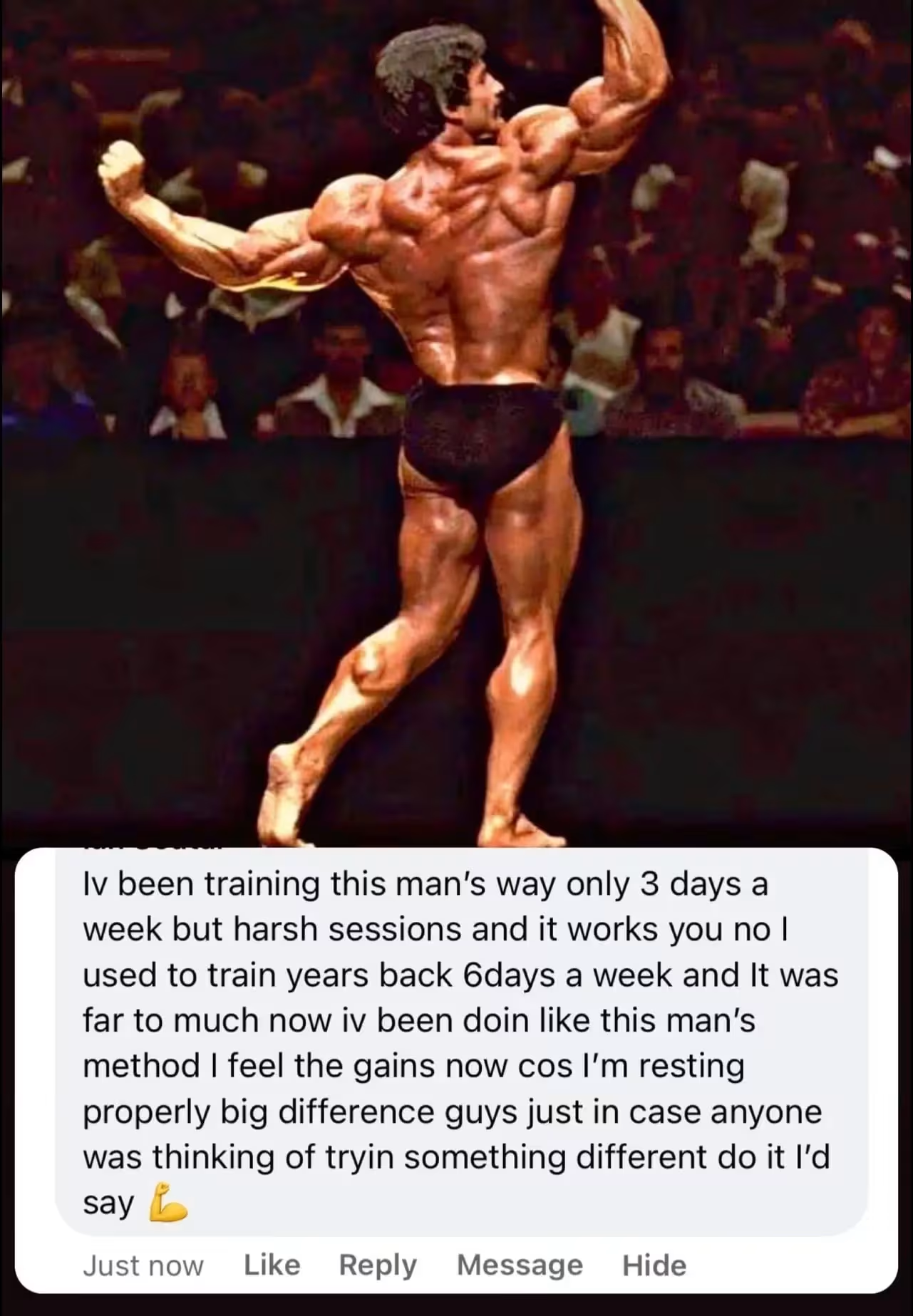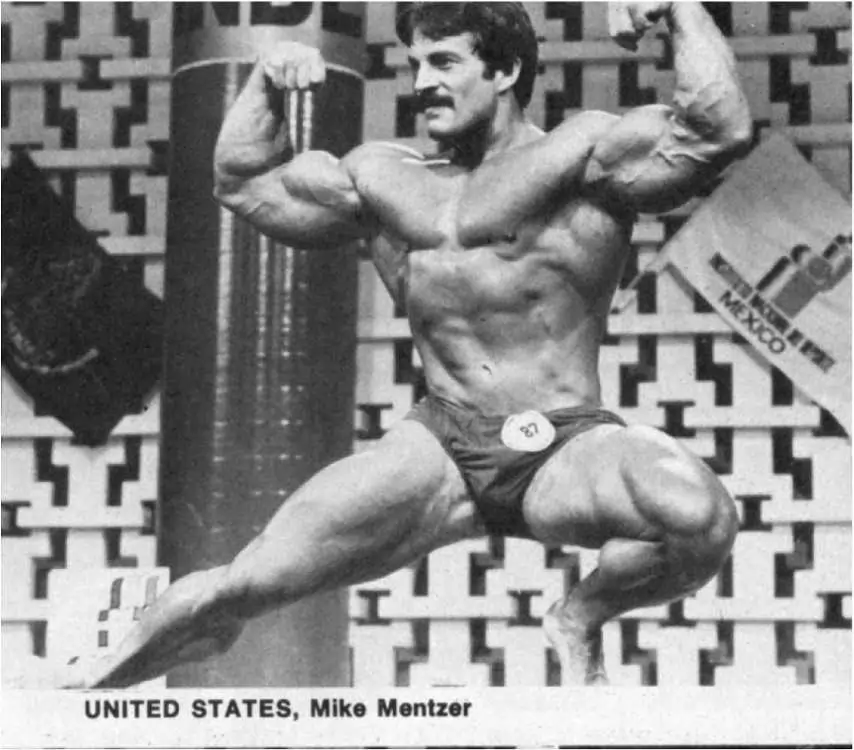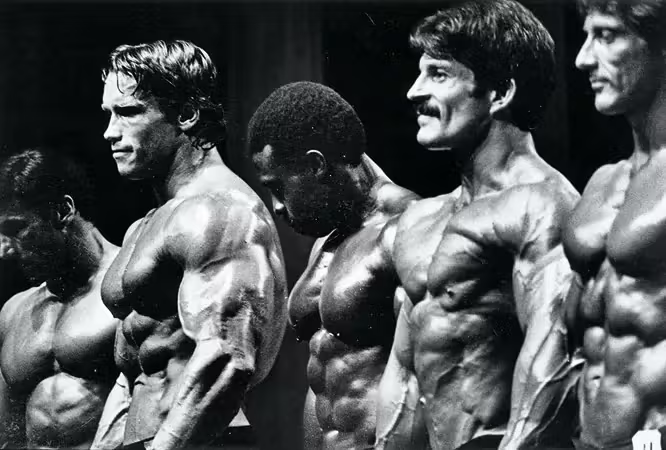The Role of Rest in Building Muscle
When it comes to building muscle, rest is just as important as training. While intense workouts are essential for stimulating muscle growth, it’s during rest periods that your muscles repair and grow stronger. Understanding the role of rest and recovery can help you maximize your results and avoid setbacks.
Why Rest Matters
Muscle Recovery
When you train, your muscles undergo microscopic tears. Rest allows your body to repair these tears, making the muscles larger and stronger in the process.
Preventing Overtraining
Without adequate rest, you risk overtraining, which can lead to fatigue, decreased performance, and even injury. Overtraining also hinders muscle growth by not allowing enough time for recovery.
Hormonal Balance
Rest supports the production of growth-promoting hormones like testosterone and growth hormone, which are crucial for muscle development.
Types of Rest
1. Between Sets
- Short rests (30-60 seconds): Ideal for endurance and hypertrophy-focused workouts.
- Longer rests (2-3 minutes): Best for heavy lifting and strength training.
2. Rest Days
- Active Recovery: Engage in light activities like walking, yoga, or stretching to promote blood flow without taxing your muscles.
- Full Rest: Take a complete break from exercise to allow your body to fully recover.
3. Sleep
Sleep is the ultimate recovery tool. Aim for 7-9 hours of quality sleep per night to support muscle repair and overall health.
How Much Rest Do You Need?
Factors to Consider:
- Training Intensity: The harder you train, the more recovery you’ll need.
- Experience Level: Beginners may need more rest as their bodies adapt to training, while advanced lifters often recover faster.
- Age: Recovery time may increase as you age.
General Guidelines:
- Strength Training: Rest 48-72 hours between training the same muscle group.
- High-Intensity Training: Rest at least 1-2 days per week.
- Low-Intensity Workouts: May require less rest, allowing for more frequent training.
Tips for Effective Recovery
Nutrition:
Fuel your recovery with a balanced diet:
- Protein: Essential for muscle repair. Include sources like lean meats, eggs, and legumes.
- Carbohydrates: Replenish glycogen stores with whole grains, fruits, and vegetables.
- Hydration: Stay hydrated to support optimal muscle function.
Active Recovery:
Engage in light, low-impact activities to reduce muscle stiffness and improve circulation.
Stress Management:
High stress levels can interfere with recovery. Practice relaxation techniques like meditation or deep breathing.
Signs You Need More Rest
- Persistent fatigue
- Decreased performance
- Prolonged muscle soreness
- Irritability or lack of motivation
If you notice these signs, it may be time to scale back your workouts and prioritize recovery.
Final Thoughts
Building muscle isn’t just about what you do in the gym—it’s also about what you do outside of it. By prioritizing rest and recovery, you give your body the time it needs to repair, rebuild, and grow. Remember, progress happens during recovery, so embrace rest as an essential part of your fitness journey.



